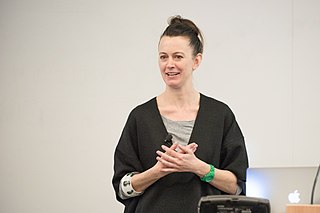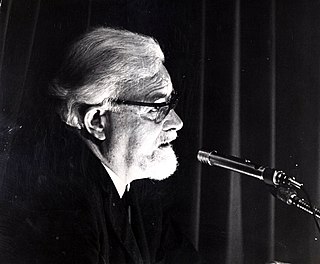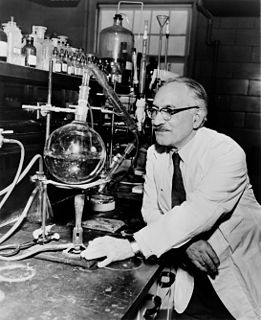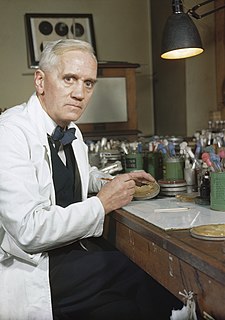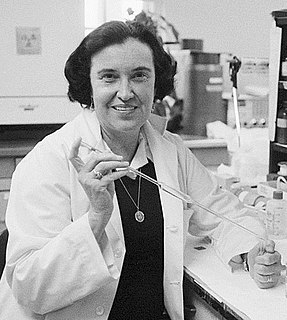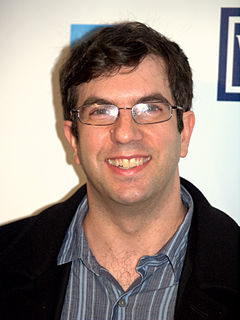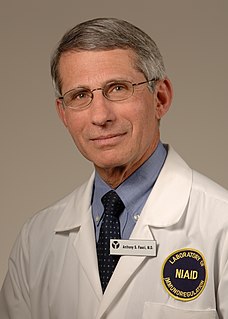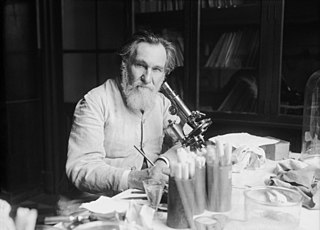Top 67 Microbes Quotes & Sayings
Explore popular Microbes quotes.
Last updated on April 14, 2025.
Antibiotics are a very serious public health problem for us, and it's getting worse. Resistant microbes outstrip new antibiotics. It's an ongoing problem. It's not like we can fix it, and it's over. We have to fight continued resistance with a continual pipeline of new antibiotics and continue with the perpetual challenge.
Despite tantalizing suggestions of fossilized microbes in meteorites, puzzling and possibly biogenic methane gas in the martian atmosphere, and a long-standing controversy over the Viking lander experiments of nearly 40 years ago, there's still no Exhibit A that points unequivocally to biology in our own back yard.
When it comes to acid rain or oil spills or depleted fisheries or tainted groundwater or fluorocarbon propellants or radiation leaks or sexually transmitted diseases, national frontiers are simple irrelevant. Toxins don't stop for customs inspections and microbes don't carry passports. North America became a water and free-trade zone long before NAFTA loosened up the market in goods.
If Darwin could see what we now see, what we now know about the ocean, about the atmosphere, about the nature of life, as we now understand it, about the importance of microbes - I think he would just beam with joy that many of the thoughts and the glimpses of the majesty of life on Earth that he had during his life, now magnified many times over.
There are hundreds of thousands of microbes surrounding us, but they cannot harm us unless we become weak, until the body is ready and predisposed to receive them. There may be a million microbes of misery floating about us. Never mind! They dare not approach us, they have no power to get a hold on us, until the mind is weakened. This is the great fact: strength is life. Weakness is death. Strength is felicity, life eternal, immortal. Weakness is constant strain and misery: weakness is death
We don't even know what species are out there, for the most part, particularly when you get down to the microbes and very small invertebrates. They make up the mass of the organisms around us, including the soil we depend on, the soil of cornfields as well as hardwood forests. We haven't taken ecology to the point where we can even make a crude prediction of what's going to happen when we've reduced the living world down to a certain level.
One can't help thinking, Daddy, what a colourless life a man is forced to lead, when one reflects that chiffon and Venetian point and hand embroidery and Irish crochet are to him mere empty words. Whereas a woman- whether she is interested in babies or microbes or husbands or poetry or servants or parallelograms or gardens or Plato or bridge- is fundamentally and always interested in clothes.
Skin, bones, blood and organs transplant from person to person. Even what’s inside you already, the colonies of microbes and bugs that eat your food for you, without them you’d die. Nothing of you is all-the-way yours. All of you is inherited. Whatever you’re thinking, a million other folks are thinking. Whatever you do, they’re doing, and none of you is responsible. All of you is a cooperative effort.
Our physical senses and our embodied brains allow us to perceive only a small fraction of reality. We cannot see microbes or untraviolet light, for example. We can hear only a small range of sounds. When we try to describe the otherworld of energies and spirits, we are limited not only by our bodily constraints but by the expectations, assumptions, and language patterns ingrained in us by the culture we were raised in.
I am unwilling to accord to some small?minded and jealous individuals the satisfaction of having thwarted my efforts. These men are to me nothing more than microbes of a nasty disease. My project was retarded by laws of nature. The world was not prepared for it. It was too far ahead of time, but the same laws will prevail in the end and make it a triumphal success.
It is not difficult to make microbes resistant to penicillin in the laboratory by exposing them to concentrations not sufficient to kill them, and the same thing has occasionally happened in the body. The time may come when penicillin can be bought by anyone in the shops. Then there is the danger that the ignorant man may easily underdose himself and by exposing his microbes to non-lethal quantities of the drug make them resistant.
Water is commonly regarded as the 'solvent of life,' since our bodies are 70% water. All other vertebrates, invertebrates, microbes, and plants are also primarily water. The organization of water within biological compartments is fundamental to life, and the aquaporins serve as the plumbing systems for cells.
Perhaps dirt is the necessary condition of beauty.... Perhaps hygiene and art can never be bedfellows. No Verdi, after all, without spitting into trumpets. No Duse without a crowd of malodorous bourgeois giving one another their coryzas. And think of the inexpugnable retreats for microbes prepared by Michelangelo in the curls of Moses' beard!
What is different and exciting is how much we have learned. We learned we were right that we don't need the chemical model of agriculture. We know so much more about the life of soil now and we understand how plants synergistically work together with microbes and animals to create healthy conditions.
















